"Folklore is a need for humans and this need will not disappear just like that," says Assoc. Prof. Dr. Natalia Rashkova - ethnologist and folklorist, university lecturer and researcher with a strong contribution to the study of Bulgarian musical folklore and its migrations in Hungary and Slovakia. On the occasion of its 70th anniversary, the Institute of Ethnology and Folklore Studies with Ethnographic Museum (IEFSEM) at BAS and The Unknown–Plovdiv Association are organizing a scientific conference under the title: "Fields and Directions. Ethnomusicological, Folkloristic and Anthropological Dimensions and Perspectives". The event takes place on October 16 and 17 in the IEFSEM building and researchers from Poland, Germany, Romania, Kazakhstan and the USA are participating.
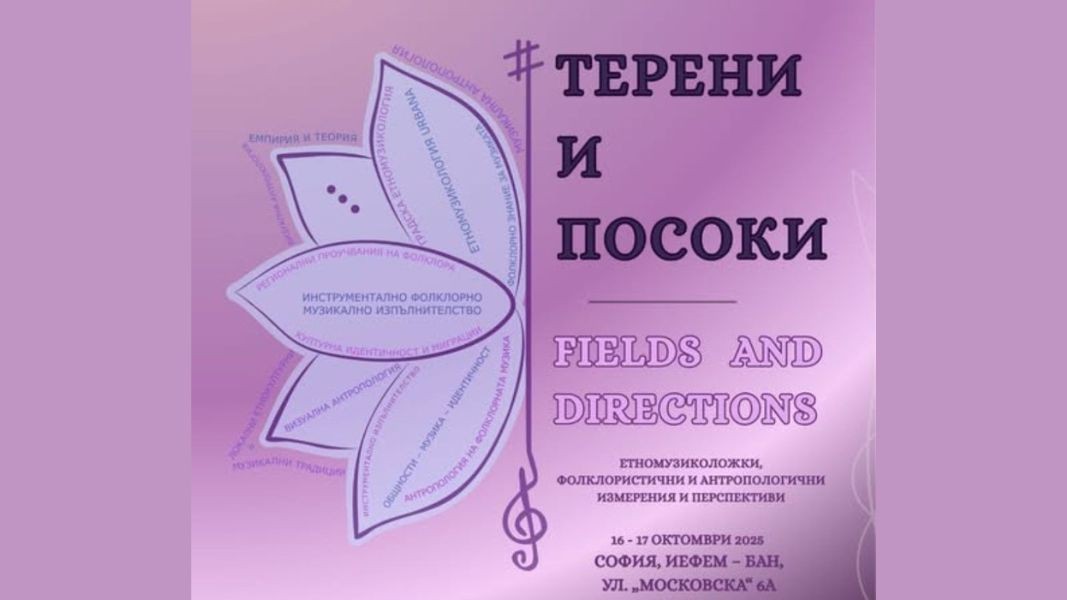
"The topic that has always interested ethnology is oriented towards humans and human communities," Assoc. Prof. Rashkova says in an interview with Radio Bulgaria and adds that globalization in the modern world is a reason for additional interest in identities.
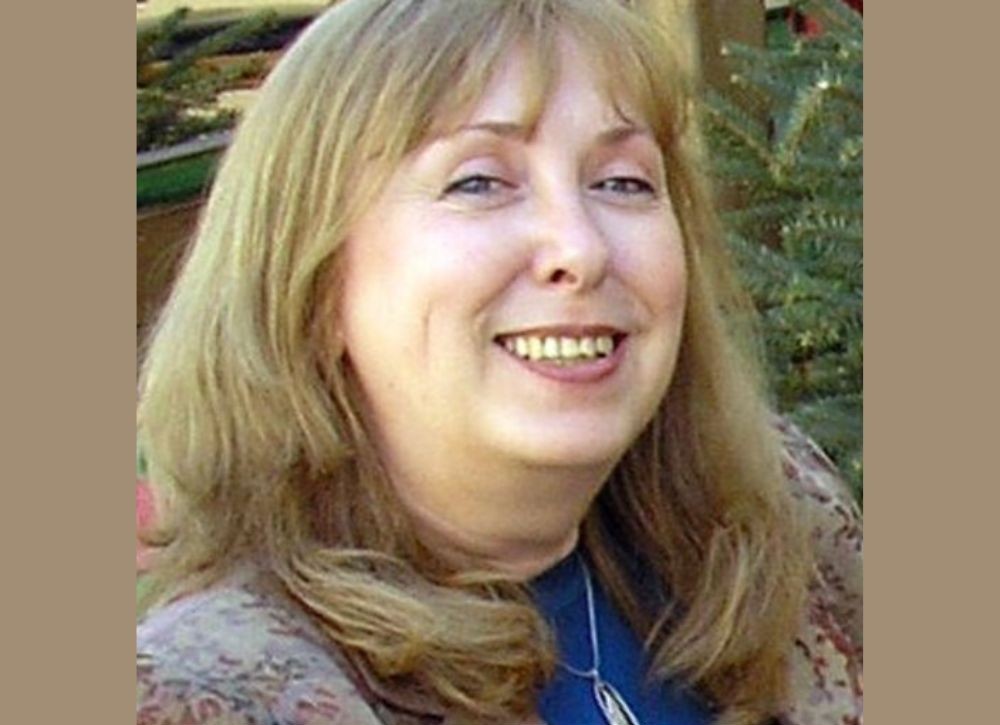
"They are a way not only to get to know people, but also to overcome conflicts that erupt due to misunderstanding between people, cultures and their way of life. This is exactly what could be resolved by getting to know each other, especially through music, dance, customs and rituals. It is a means of harmonizing life and for a lighter and more serene existence in a world in which technologization seems to dry humans out and one has an even greater need for emotions, their expression and establishing a connection between people in this way."
According to Assoc. Prof. Natalia Rashkova, folklore provides an extremely strong emotional support, which is most clearly noticeable in the processes of migration.
"When people leave their country as emigrants, they become much more connected to it through folklore culture. We notice it in the numerous events organised by Bulgarians abroad recently - in dance clubs, folklore festivals, observance of traditions, etc. When people who were not so interested in folklore and the past are far away, they begin to accept folklore as something very valuable for themselves and in this way they preserve their identity as Bulgarians."
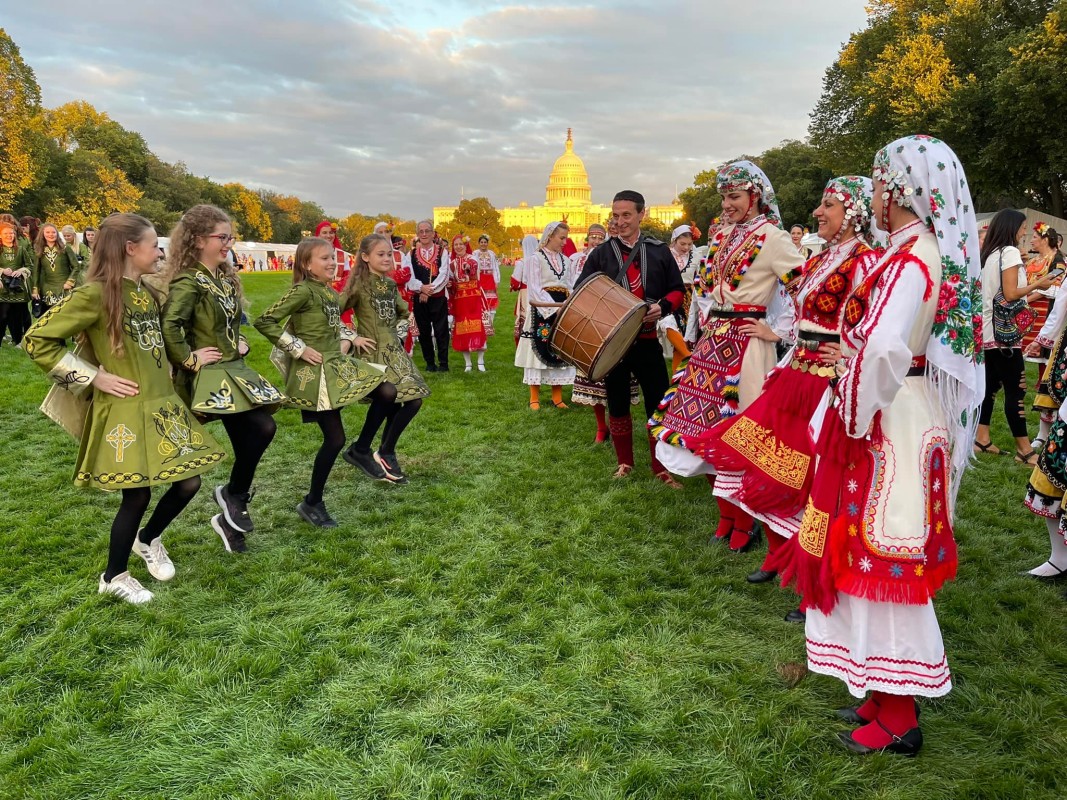
It turns out that connections with folklore can sometimes even exceed the expectations of ethnologist researchers. This is exactly what Natalia Rashkova found in one of her field studies years ago:
"It was quite interesting in our research together with colleagues in Slovakia among Slovaks who lived in Bulgaria and in the 1950s returned to their homeland. We found that when this happens, they retain their community, namely because they are connected to both cultures. Even in Slovakia they felt somewhat foreign and definitely more connected to Bulgaria. They travelled often to their native places here, they had their own clubs and their own holidays related to Bulgarian folklore. So, there is a very strong sense of belonging to what people carry in themselves."
Regarding the increased interest of foreigners in studying Bulgarian folk dances, as well as the recent inclusion of Bulgarian gardening in Hungary in the UNESCO National Register of Intangible Cultural Heritage, Natalia Rashkova says:
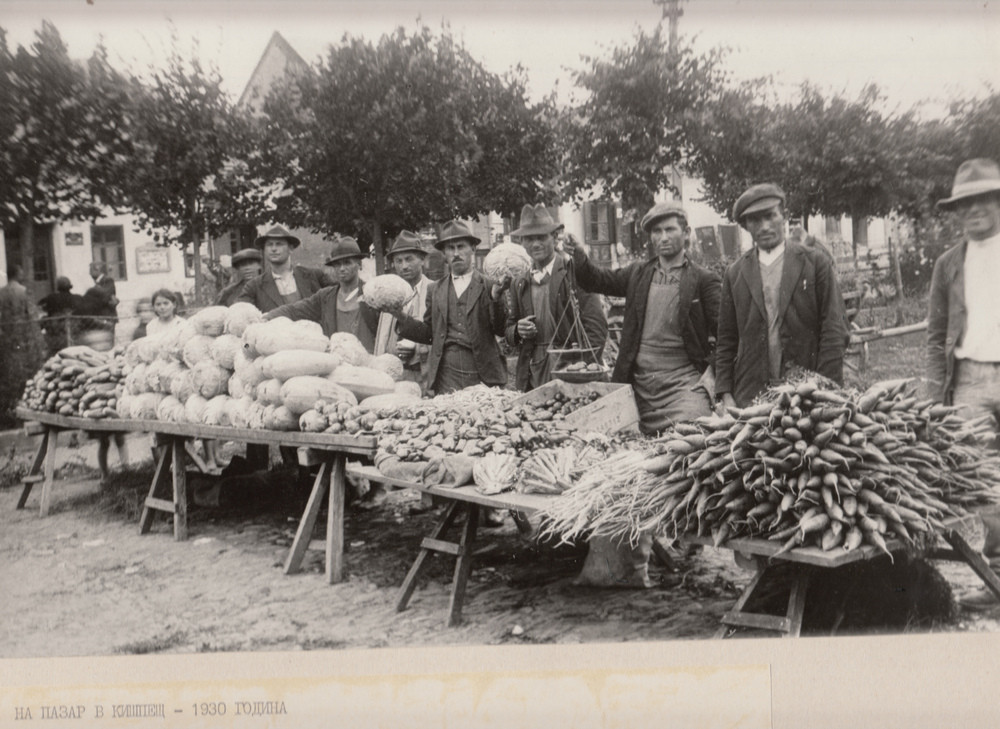
"They are actually on the list of intangible cultural heritage of Hungary, which is an even more interesting fact, as a country recognizes the culture of one of its minorities. My colleagues and I had a long-term study of gardeners there and we collected a rich archive - research and publications. The interesting thing is that folklore in the traditional type that we know it seems not so well expressed among them, as they are from northern regions of Bulgaria, where modernization entered more quickly. Despite this, they maintained their institutions in Hungary precisely through folklore culture. This continues even now. They also have three dance groups, in which Hungarians also participate. There was interest in Bulgarian folklore even in the years when I started my research work. Colleagues from Austria and the USA studied very thoroughly the polyphony from the village of Bistritsa. In the 80s and 90s, many students from abroad came to field research. I think that interest has not stopped."
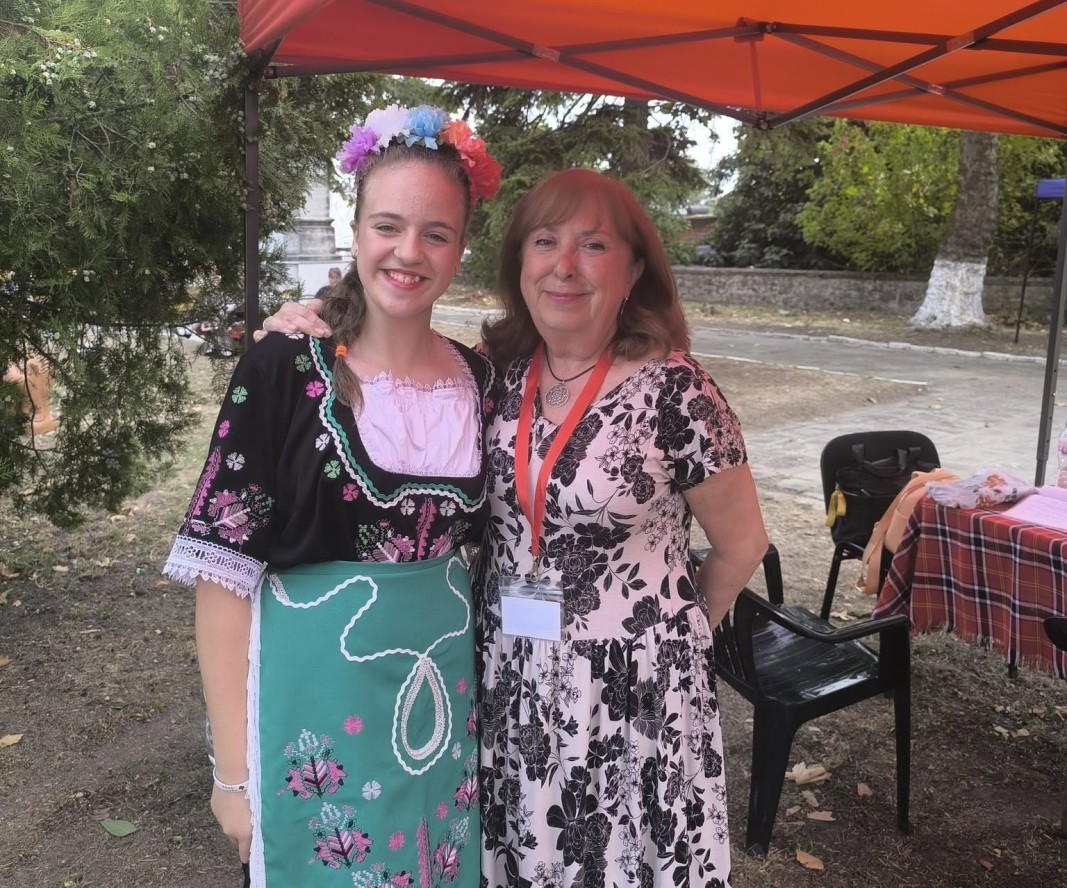
And while the interest of other ethnic groups in Bulgarian folklore and traditions is not something unknown, new fields of research have emerged in musical folklore studies in recent years.
"I have noticed that there are many young people with different professions who are interested in our folklore precisely in its traditional form. They collect and restore unique folklore from their native places and folk singers manage to master the style of old singing and this is starting to be appreciated more and more. This is very interesting, as it seems that there is a reverse process - after reaching some very modern interpretations of folklore, it follows its departure back to the source - a direction that I think is promising. So, the interest in our country will not cease, but will transform and there will be new forms of expression. Folklore is a necessity for people and this need cannot disappear just like that!"
Author: Desislava Shapkarova
Publication in English: Al. Markov
Photos: Facebook /Georgi Panayotov, Facebook /Cultural Seminar The Unknown, researchgate.net, Facebook /Nina Varbanova, Association of Bulgarians in Hungary
The Bulgarian minority in Romania marked a significant event with the official opening of the Bulgarian Inn in the village of Izvoarele (Hanul Bilgarilor), Teleorman County (Southern Romania)- a locality with Bulgarian roots dating back over 200 years...
The 14th edition of DiVino.Taste, Bulgaria’s leading forum for wines and winemakers, will take place from 28 to 30 November at the Inter Expo Centre in Sofia. Over 80 producers from all wine regions will participate, offering tastings of around 600 of the..
Minutes before the second and final reading, at the parliamentary budget and finance committee, of the state budget for 2026, the leader of the biggest party represented in parliament GERB Boyko Borissov halted the procedure and sent the draft bill..

+359 2 9336 661
